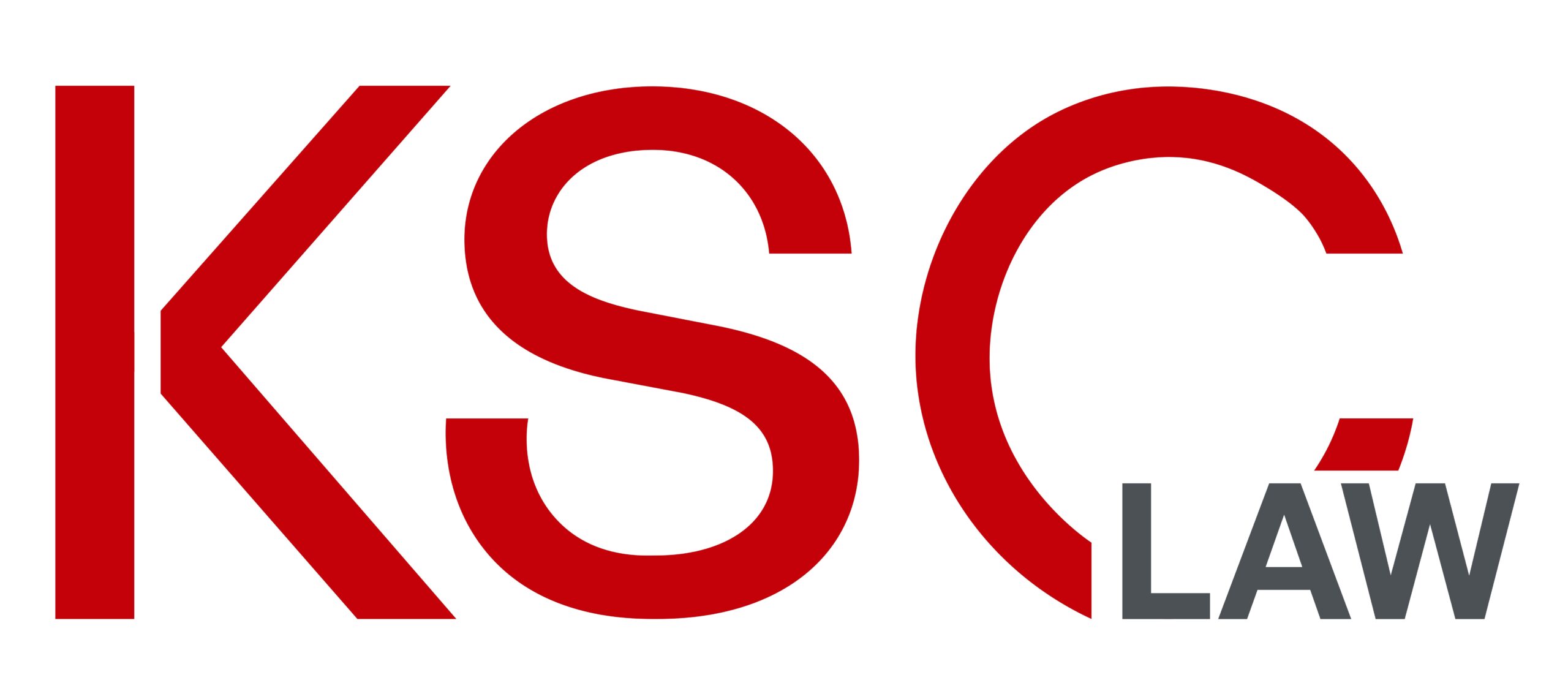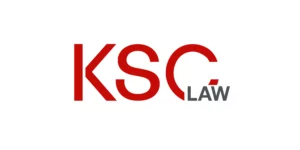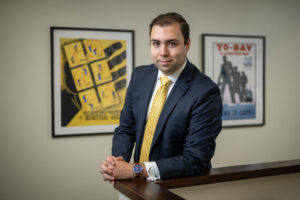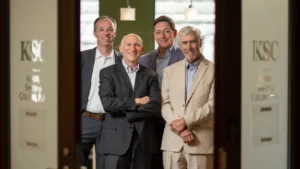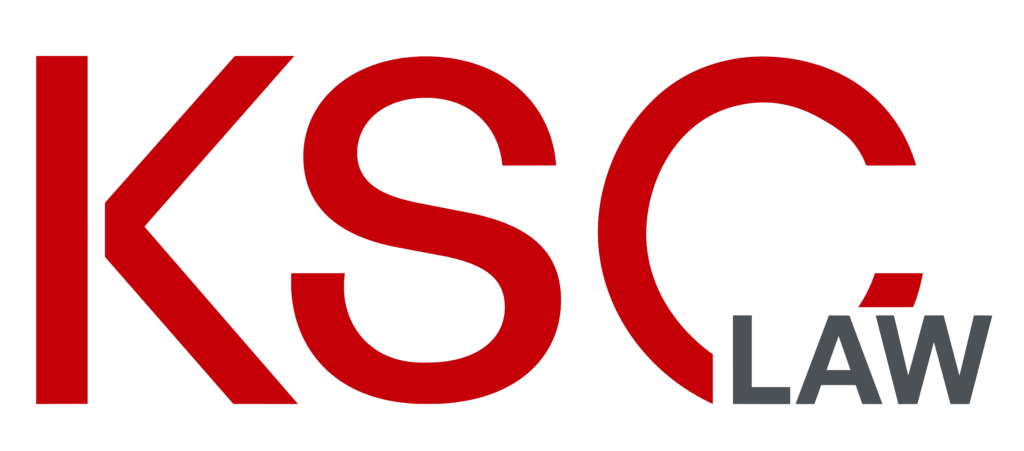Thryv, Inc., Direct and Foreseeable Harms, and the Next Step in ULP Remedies
By David Maher
Blender’s Labor & Employment Bulletin February 2024
On December 13, 2022, the National Labor Relations Board in Thryv, Inc. held that it would hold an employer liable to compensate employees for “all direct or foreseeable pecuniary harms that these employees suffer” as a result of the employer’s unfair labor practices.[1] In so doing, the Board found that this remedy was within its statutory authority, and found that such a remedy was neither extraordinary nor reserved for the most egregious violation, but instead was authorized to make victims of unfair labor practices whole and “restoring them to where they would have been but for the unlawful conduct.”[2]
Since issuing the Thryv decision, the Board has made it clear that remedies under this standard are appropriate and necessary in resolving unfair labor practice cases, and is beginning to remand such cases for a determination as to make-whole remedies in accordance with Thryv.[3] In the December 2022 edition of this bulletin, I discussed the Board’s potential decision in Thryv and the potential scope of such a make-whole remedy.[4] This article will follow up and discuss the issues behind Thryv, the context and holding of Thryv, and the potential application of the Board’s Thryv test to refusal to bargain cases.
I. Background of Thryv, Inc.
Thryv, Inc. arises from an employer’s actions to lay off a segment of its unionized workforce.[5] The Employer, Thryv, is a marketing firm which sells both advertising and an application for small business marketing.[6] The Union, the International Brotherhood of Electrical Workers, Local 1269, represents, among others, sales representatives employed by Thryv to solicit advertising sales.[7] Two of the classes of sales representatives were “Business Advisors” and “New Business Advisors.”[8]
During the summer of 2019, Thrvv began to take actions to prepare for laying off New Business Advisors in a certain region, most importantly, by reassigning certain employees Thryv wanted to retain through the layoff from their positions as New Business Advisors to Business Advisors.[9] A month later, Thryv gave notice to the Union that it would lay off all New Business Advisors in the region.[10] The Union demanded to bargain, and, both prior to and during bargaining, made several information requests.[11] The Union demanded that Thryv integrate the employees as Business Advisors into the bargaining unit, but Thryv declined. Thryv did not respond to its information requests and the layoffs were implemented a week after a bargaining session on the proposal.[12]
The Administrative Law Judge found that, while the failure to furnish information was an unfair labor practice, the layoffs were not unlawful.[13] The ALJ found that Thryv had fulfilled its duty to bargain with the Union and imposed the layoffs only after having reached impasse with the union.[14] The ALJ determined that the Union’s failure to offer counterproposals regarding the layoffs constituted waiver by the union of its right to bargain.[15]
II. The Board’s holding
In its decision, the Board reversed the findings of the ALJ regarding whether the layoffs were unfair labor practices.[16] The Board held that the layoffs, which Thryv began to plan and take steps to implement far in advance of the notice it gave to the union, was presented as a fait accompli, and was therefore an illegal unilateral layoff.[17]
The Board found that the subsequent bargaining did not cure the unilateral decision because the unfair labor practices committed by Thryv frustrated bargaining and prevented the Union from offering counterproposals or engaging in meaningful bargaining.[18] The Board held that these constituted unilateral changes and were further violative of the Act because it came during the bargaining of a successor agreement under the Board’s Bottom Line Enterprises doctrine.[19] Thryv’s actions to implement the layoffs prior to notice, and its failure to provide information to the union for meaningful bargaining compelled, the Board held, a finding that the layoffs were 8(a)(5) and 8(a)(1) violations.[20]
The bulk of the Board’s decision concerned the proper remedy. The Board announced a reformulation of its make-whole remedy doctrine to include direct or foreseeable harms:
[I]n all cases in which our standard remedy would include an order for make-whole relief, the Board will expressly order that the respondent compensate affected employees for all direct or foreseeable pecuniary harms suffered as a result of the respondent’s unfair labor practice. … Standardizing this remedy is necessary to “satisfy the Board’s statutory obligation to provide meaningful, make-whole relief for losses incurred … as a result of a respondent’s unlawful conduct.”[21]
The Board found that such remedies were within its statutory authority and in accord with its precedents, but determined that such remedies could not be deemed consequential damages as they were distinct from that legal term of art.[22] The Board elected to proceed under a “direct or foreseeable damages” standard, which the Board found was not extraordinary relief or punitive, but rather a remedy to victims who are burdened with costs by the party committing the unfair labor practice.[23]
The Board provided that such remedies must be direct or foreseeable, and must be specifically calculated and supported by evidence presented by the General Counsel demonstrating (i) the amount of the pecuniary harm, (ii) that it was direct or foreseeable, and (iii) that the harm was due to the unfair labor practice.[24]
The Board mostly declined to elaborate on the types of direct or foreseeable damages available, though it did cite as examples medical expenses and damaged personal items or equipment.[25] In the context of Thryv and other cases which the Board has begun to remand for consideration of such damages, the Board did not address specific damages but ordered that such damages be determined and paid to the employees.[26] The Board noted that the specific damages requested in the case were transportation expenses, medical expenses, and damages related to reinstated employees losing credit for and potential financial benefits from having a book of clients.[27] The extent of such available damages could be quite wider, as I discussed in my December 2022 article.[28]
There are no obvious limitations within the Board’s decision which would suggest a narrow applicability to what constitutes foreseeable damages. Further, as the Board stated, the strength of both the remedy and in its statutory justification comes from its breadth and regularity.[29] Fashioning a regular remedial regime, and regular and expected practices to investigate and prove such damages will effectively both remove the economic pain of suffering an unfair labor practice and provide an illegally terminated or disciplined employee a more foreseeable outcome.
III. Make-whole remedies in refusal to bargain cases
There is a parallel question, in the wake of Thryv, Inc., regarding the make-whole remedy in failure to bargain cases. A number of Board decisions and courts in the 1960s and 1970s examined this question, [30] and the Board’s resulting Ex-Cell-O doctrine which declined to order such damages.[31] In the Ex-Cell-O doctrine, the Board held that it did not have the authority to order certain make-whole remedies in failure to bargain cases, where employees suffered pecuniary injuries based on an agreement the employer would, had it been bargaining in good faith, have agreed to.[32] While this decision was reversed, the Ex-Cell-O doctrine remains in effect. Two lines of cases from that period show how a doctrine, held by the courts to be legally incorrect, remains in place. The issues grappled with by the Board and the courts suggests that Thryv, Inc. may have a role in resolving this issue..
The Tiidee Products, Inc. line of cases concerned unfair labor practices committed during an organization campaign, which included retaliatory terminations of certain employees.[33] The Board, in relevant part, affirmed findings that the employer had committed a series of unfair labor practices and orders of prospective relief to affected employees of the traditional remedies of reinstatement and back pay.[34] However, the Board also affirmed the Administrative Law Judge’s decision to not afford make-whole remedies beyond those traditional remedies based on the employer’s illegal refusal to bargain or its retaliatory terminations.[35]
The union appealed this decision to the U.S. Court of Appeals for the D.C. Circuit.[36] The Court reversed the Board and remanded, ordering it to reconsider its failure to consider a broader make-whole remedy due to the employer’s unfair labor practices causing a bargaining delay and consequential economic damages.[37] The Court also ordered the Board to consider remedies based on what employees may have received from bargaining but for the unlawful refusal.[38] The Court emphasized the employer’s “brazen refusal to bargain,” and, while taking care to elucidate the basic nature of the make-whole remedy to “compensate the party wronged and withhold from the wrongdoer the fruits of its violation,” still held that a make-whole remedy ought to be available only where thee are “special considerations” made by the employer’s wrongful conduct, presenting a punitive theory along with the remedial one.[39]
In the meantime, the Board issued its decision in Ex-Cell-O Corp.[40] In that decision, the Board held, in part, that it did not have the statutory authority to order a make-whole remedy.[41] But the Board also focused its criticism of such damages as a punitive action, based upon “manifestly unjust” conduct of the employer and of the uncertain nature of those damages.[42] The Board’s concerns in Ex-Cell-O are echoed in the criticism the Board addresses in Thryv, Inc., and the concern the same fundamental basis for the Board’s authority to order remedies.
The D.C. Circuit remanded for further consideration by the Board in line with its holdings in the Tiidee Products line of cases.[43] The resulting saga of cases ping-ponged back and forth between the Board and D.C. Circuit for years.[44] Ultimately yielding to the Board’s refusal to order such remedies, even in the face of orders and decisions authorizing make-whole remedies, Chief Judge Bazelon summarized the resulting division and moved in the direction of the Thryv Board:
I think it helpful to clearly emphasize that the Board cannot avoid the mandate of Tiidee I by repeated findings that union allegations concerning possible contract terms are not supported by the evidence. The policy of the NLRA requiring good faith bargaining between management and labor is too important to be vindicated only through in futuro relief. The ‘make-whole’ remedy is the single effective action that can be taken to mitigate the past effects of brazen refusals to bargain.[45]
By this point, the D.C. Circuit had drawn back from the punitive theory entirely, but embraced the doctrine of a make-whole remedy as the sole guarantor of good faith bargaining. While the Supreme Court would reiterate that the decision to order a make-whole remedy was, at bottom, a discretionary one vested in the Board itself,[46] reviewing courts have long held that make-whole remedies were an important consideration in the failure-to-bargain cases.[47] However, the Board’s Ex-Cell-O doctrine has remained in place.
Recently, in Pathway Vet Alliance, LLC, d/b/a Thrive Pet Healthcare, the General Counsel filed a motion asking the Board to reconsider the Ex-Cell-O doctrine in light of the caselaw authorizing the make-whole remedy in failure to bargain cases.[48] Pathway was remanded by the Board before a decision was made on the General Counsel’s motion.[49] However, given the Board’s decision in Thryv and the movement in the Board’s caselaw away from a punitive, special circumstances view of the make-whole remedy and towards a wholly remedial theory, the line of the existing caselaw from these 70’s-era failure to bargain cases would more than justify the Board’s rejection of the Ex-Cell-O doctrine. Making such a remedy a regular rather than extraordinary remedy, and providing an evidentiary scheme by which the Board can determine whether such damages have or could be sufficiently proved, makes clear that such a remedy is truly remedial and thus within the Board’s authority. Providing a clear evidentiary standard and a relevant causal standard to the General Counsel’s burden to prove such damages makes clear that such damages are not speculative. As the Board’s remedial justification and enforcement of make-whole remedies regardless of whether a respondent “deserves” a punitive response, this analysis can easily be adapted by the Board to fully effectuate the purposes of the Act in addressing the remedies in failure to bargain cases.
[1] Thryv, Inc., 372 NLRB No. 22, 1 (2022).
[2] Id. at 10-11.
[3] See Metro Man IV, LLC d/b/a Fountain Bleu Health, 372 NLRB No. 37, 7 (Dec. 28, 2022) (“In accordance with our decision in Thryv, Inc., the Respondent shall also compensate these employees for any other direct of foreseeable harms incurred.”)
[4] David Maher, Consequential Damages as ULP Remedies, 22 Bender’s Lab. & Empl. Bull. 298 (Dec. 2022).
[6] Id. at 1.
[10] Id. at 2. At the time, the parties were operating under a year-old last, best, and final offer which contained terms related to layoff procedure. Id.
[12] Id. at 2-3.
[18] Id. (citing E.I. du Pont & Co., 346 NLRB 553, 558 (2006), enf’d 489 F.3d1310 (D.C. Cir. 2007).
[19] Id. at 6. The general rule is that an employer may not lay off employees during the pendency of bargaining without first bargaining the successor agreement to impasse. Bottom Line Enter., 302 NLRB 373 (1991). The Bottom Line doctrine recognizes two exceptions to the general rule: “when a union engages in bargaining delay tactics, and when economic exigencies compel prompt action.” Pleasantview Nursing Home, 335 NLRB 961, 962 (2001); Bottom Line, 302 NLRB at 374.
[20] Id.
[21] Id. (quoting King Soopers, Inc., 364 NLRB 1153, 1155 (2016), enf’d 859 F.3d 23, 26 (D.C. Cir. 2017).
[22] Id. at 7-8.
[24] Id. at 6. The respondent, of course, has the opportunity to present evidence and challenge each element. Id.
[25] Id. at 13.
[26] Id. at 14; Metro Man IV, LLC, 372 NLRB No. 37 at 7.
[27] Id. at 14.
[28] Supra note 4 at 299-300.
[29] See, e.g., Thryv, Inc., 372 NLRB No. 22 at 11, 13 (“If we were to issue this make-whole relief only to address the most deplorable or flagrant violations of the Act, these remedies run the risk of becoming punitive rather than restorative.”) (citing Repulbic Steel Corp. v. NLRB, 311 U.S. 7, 10-11 (1940)).
[30] See, e.g., Un. Steelworkers of Am. v. NLRB, 496 F.2d 1342, 1349-53 (D.C. Cir. 1974) (discussing the make-whole remedy and describing the Tiidee Products and Ex-Cell-O lines of cases).
[31] 185 NLRB 107 (1970) (Ex-Cell-O Corp. I), rev’d 449 F.2d 1046 (D.C. Cir. 1971).
[32] Id. at 110.
[33] Tiidee Products, Inc. 174 NRLB 705 (1969) (Tiidee Products I). The Board also found that the employer had committed further unfair labor practices after the trial for Tiidee Products I in Tiidee Products, Inc., 176 NLRB 969 (1969) (Tiidee Products II). This decision would spawn a parallel line of cases mostly paralleling the Tiidee Products I line of cases. See Int’l Union of Elec., Radio, and Mech. Workers v. NLRB, 440 F.2d 1243 (D.C. Cir. 1970) (Tiidee Products IV); Tiidee Products, Inc., 196 NLRB 158 (1972) (Tiidee Products VI).
[34] Tiidee Products I, 174 NLRB at 714-15.
[35] Id.
[36] Int’ Union of Elec., Radio & Mech. Workers v. NLRB, 426 F.2d 1243 (D.C. Cir. 1970) (Tiidee Products III) cert. denied 400 U.S. 950 (1970).
[37] Id.
[38] Id.
[39] Id. at 1249 (quoting Montgomery Ware & Co. v. NLRB, 339 F.2d 889, 894 (6th Cir. 1965)).
[40] Ex-Cell-O Corp. I
[41] Id.
[42] Id. at 109-10.
[43] Int’l Union, Un. Auto., Aerospace & Agr. Implement Workers of Am. v. NLRB, 449 F.2d 1046 (D.C. Cir. 1046) (Ex-Cell-O Corp. II).
[44] See Tiidee Products, Inc., 194 NLRB 1234 (1972) (Tiidee Products V) (declining to order a compensatory remedy of make-whole damages); Ex-Cell-O Corp. v. NLRB, 449 F.2d 1058 (D.C. Cir. 1971) (Ex-Cell-O Corp. III) (holding that it would be a “futile act” to remand for further consideration of the make-whole remedy); Int’l Union of Elec., Radio & Mech. Workers v. NLRB, 502 F.2d 349 (D.C. Cir. 1974) (declining to order make-whole remedies and enforce certain extraordinary remedies), cert. denied 94 S. Ct. 2639.
[45] 502 F.2d 439, 361-62 (D.C. Cir.) (statement of Bazelon, C.J. regarding denial of rehearing en banc).
[46] NLRB v. Food Store Emps. Union, 417 U.S. 1, 9-10 (1974) (remanding to the Board to consider remedies in line with the Tiidee Products cases rather than ordering new remedies). In ruling on a similar line of cases known as Heck’s, Inc., the Supreme Court acknowledged the dynamic between the Board and Circuit Courts and discussed requirement that remedies be fashioned by the Board, not modified down or up by the Courts. Id.
[47] See, e.g., Sw. Reg. Joint Bd., Amal. Clothing Workers of Am. v. NLRB, 441 F.2d 1027, 1036 (D.C. Cir. 1970) (“We remain of the view that … the Act empowers the Board in some circumstances to require the employer to make the employees whole for such measurable losses, if any, as result from an unlawful refusal to bargain.”); Retail Clerks Union v. NLRB, 463 F.2d 316, 325 (D.C. Cir. 1972); USW, 496 F.2d at 1349-53).
[48] Case No. 03-CA-291267, Motion for Summary Judgment (June 24, 2022), https://apps.nlrb.gov/link/document.aspx/09031d45837c9b44.
[49] Id., Remand Order (Aug. 4, 2022), https://apps.nlrb.gov/link/document.aspx/09031d4583822480.
